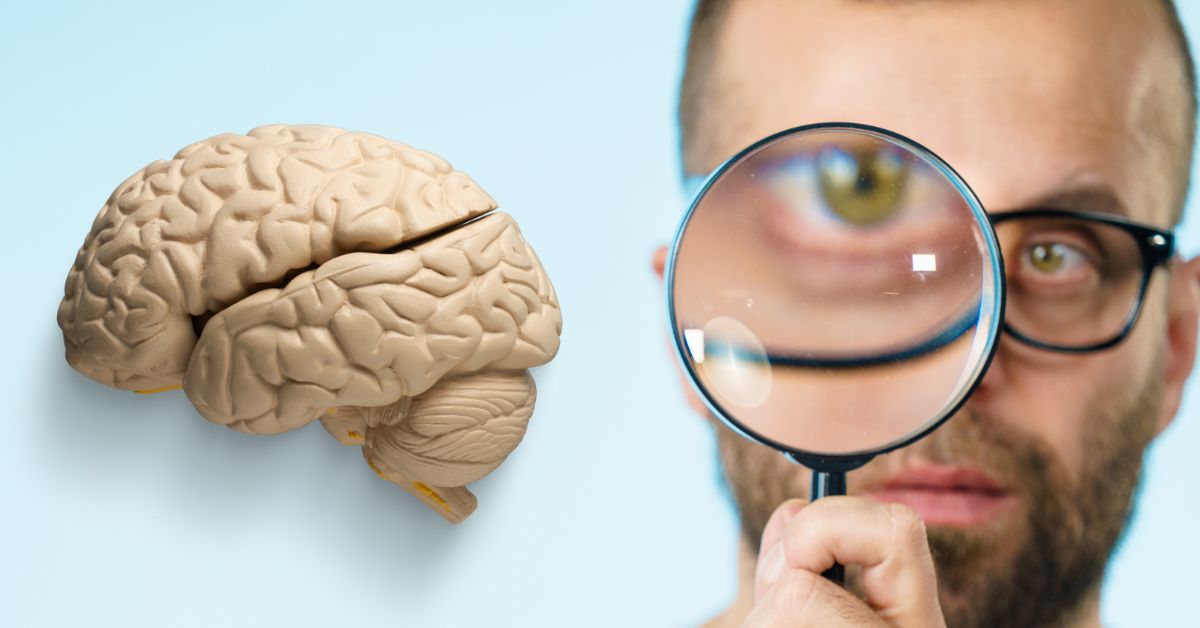Introduction:
Contrary to what we thought, human brains can remain remarkably well-preserved even thousands of years after death. Recent research has uncovered over 4,400 ancient human brains in astonishing condition, challenging what scientists previously believed about brain decay after death.
The Surprising Find:
- Over 4,400 preserved human brains found in archaeological sites worldwide.
- Some of these brains date back as far as 12,000 years.
- Discovered in various environments like Egyptian deserts and European peat bogs.
The Research Behind the Discovery:
- Led by Alexandra Morton-Hayward from Oxford University.
- Conducted a global survey of archaeological records.
- Published findings in the journal Proceedings of the Royal Society B: Biological Sciences.
Challenging Assumptions:
- Contradicts the belief that brains deteriorate rapidly post-mortem.
- Offers new insights into our evolutionary history and past diseases.
- Experts see potential in studying these ancient brains to understand neurological disorders, ancient cognition, and evolution of nervous tissues.
Implications of the Discovery:
- Provides a rare opportunity to analyze ancient biomolecules.
- Offers insights into the lives and deaths of ancient humans.
- Significance lies in the rarity of soft tissue preservation under natural conditions.
Conclusion: The discovery of these ancient preserved human brains challenges our understanding of brain decay after death. It opens up new avenues for research into ancient human history, diseases, and neurological evolution. This remarkable find highlights the importance of studying preserved soft tissues to uncover the mysteries of the past.
References:
- Proceedings of the Royal Society B: Biological Sciences
- Research led by Alexandra Morton-Hayward from Oxford University
